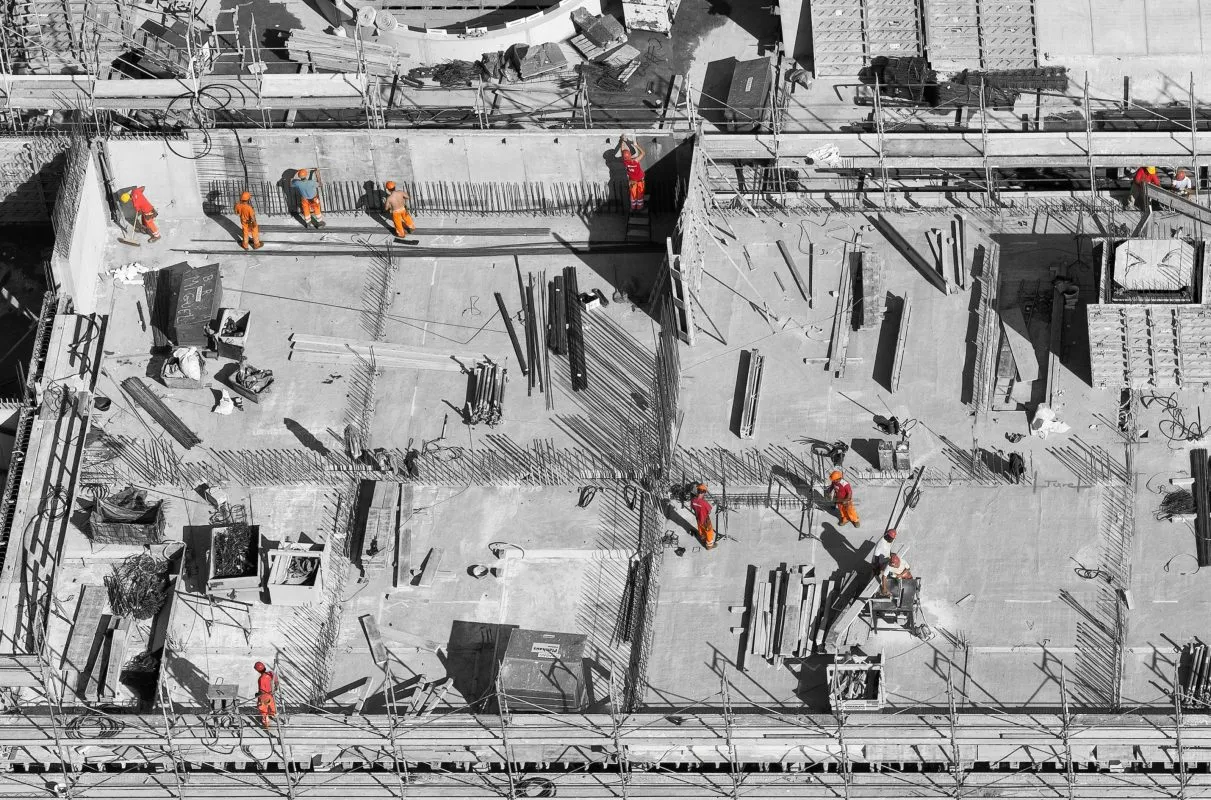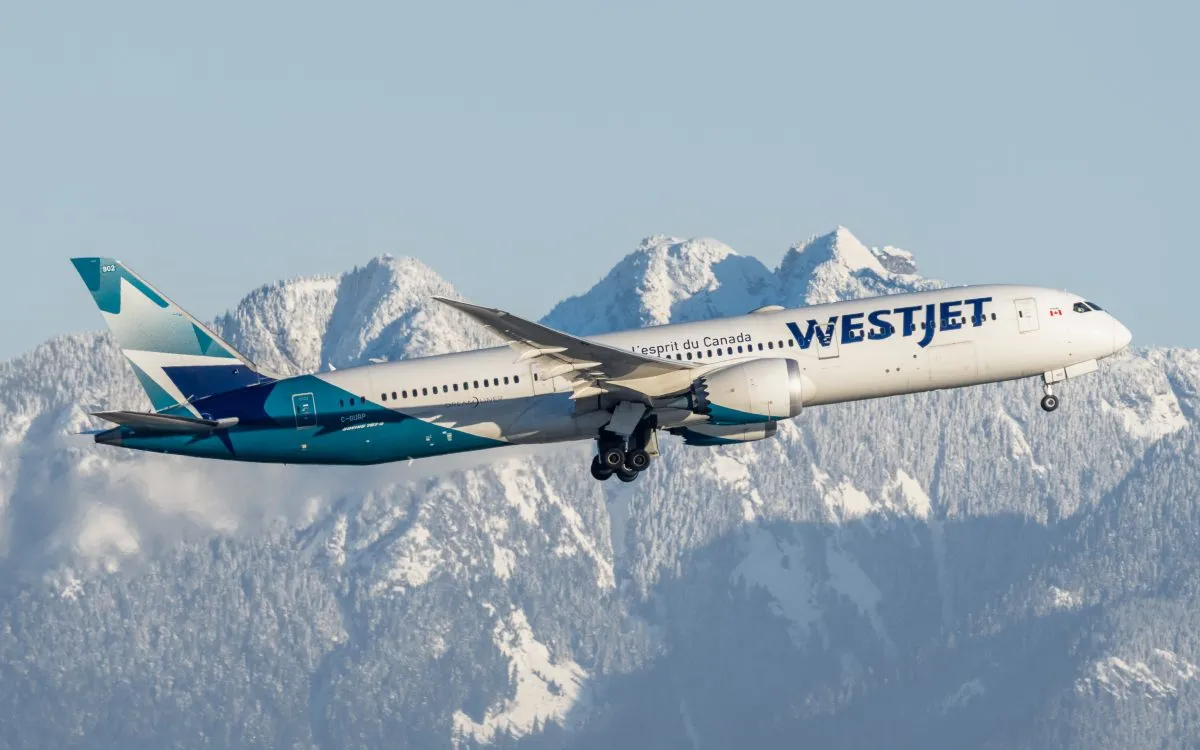American Airlines CEO Says Industry May Never Again Lose Money
Skift Take
The U.S. airline industry has been so transformed in the past five years that the nation's largest carriers may never again report annual losses, American Airlines CEO Doug Parker told investors recently.
"My personal view is that you won't see losses in the industry at all," said Parker, speaking June 8 at American's annual meeting. "We have gotten to the point where we like other businesses will have good years and bad years, but the bad years will not be cataclysmic. They will just be less good than the good years."
Parker has long been optimistic, believing airline consolidation has turned Delta Air Lines, United Airlines, Southwest Airlines and American into formidable, sustainable businesses that can weather economic downturns. He even argues American and its competitors can withstand an increase in fuel prices, something they struggled with in 2008, when oil prices jumped unexpectedly.
To illustrate his point, Parker compared American's 2005 to 2015. In both years, he said, the price of oil cost roughly $55 per barrel. Also in both years, U.S airlines had just about the same number of seats in the marketplace. But in 2005, the overall U.S. economy was growing more rapidly than today, measured by gross domestic product.
Yet in 2005, in what might be considered slightly more favorable conditions, the industry lost roughly $28 billion, while a decade later, in similar conditions, airlines earned $19 billion.
"That's the difference between life and death," Parker said. "This is the difference between a business that was dysfunctional and one the edge of insolvency at all times and one that this vibrant and growing and taking care of its customers and employees."
Parker presented a straight-forward argument for why the industry has changed. He noted that, after a series of mergers, U.S. airlines went from being "fragmented, inefficient [and] unfocused," to being rational competitors intent on earning returns for shareholders. In the past, carriers were more likely to engage in costly market share battles, which may have hurt earnings. Now, Parker said, U.S. airlines are interested in growing where they can make money. When routes do not perform, airlines often drop them.
American and its competitors are also working to eradicate other problems, Parker said. One is labor-management tensions, long prevalent at all carriers, but especially at American. Nearly every carrier, including American, is rewarding employees with lucrative contracts and hefty profit-sharing payments, and industry morale has generally improved, though it remains to be seen whether carriers can keep paying hefty wages if business becomes less profitable. Carriers have also started planning for the long term, not just one year at at time as they did in the past, Parker said.
"We need to believe that our company and our industry has been fundamentally changed, that things are now different," Parker said. "It is permanent and it is structural and it is changed."
Still, even Parker acknowledged the industry will remain cyclical. If oil spikes or the U.S. faces a major terrorist event, demand and profits will slow. But Parker said airlines will be able to withstand it much better than in the past.
"We aren't suggesting there won't be cycles in the future," he said. "There will be. We are a business that is tied to the economic cycles. We are a cyclical business. But we are starting at such a much higher level, that our view is when the down cycles come, you won't see losses again."




